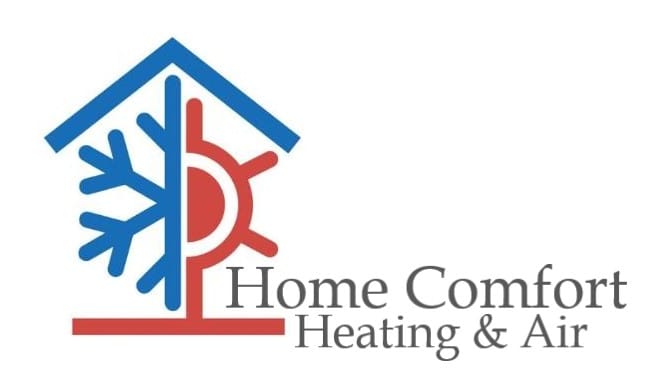
If you’re questioning whether your Elk River home has unhealthy indoor air quality (IAQ), it likely does.
We are indoors a lot. As a matter of fact, we’re inside up to 90% of the time, according to the U.S. Environmental Protection Agency. And the air inside homes could be 2–5 times worse than outdoors, which can create long-term health problems.
Most Common Origins of Bad IAQ
We’ve put together a list of the most frequent origins of inferior IAQ, the troubles they create and how you can fix these indoor air pollutants. If you’re concerned about the air inside your house, we advise chatting with a professional like Home Comfort Heating & Air about which options are ideal for your family.
Volatile Organic Compounds
Volatile organic compounds, or VOCs, are vapors emitted from common household things.
They’re found in paint and stains in addition to:
- Furniture
- Carpet
- Building materials
- Cleaning products
- Cosmetics
- Air fresheners
- Candles
When these vapors accumulate indoors, they can irritate your eyes, nose and throat. They might also lead to headaches and nausea. Regardless of whether your house is in a rural or industrial area, an EPA study found indoor levels of these chemicals can be 2–5 times worse than the air outdoors.
Always adhere to the manufacturer’s directions when painting or cleaning. Cracking a window can help chemicals dissipate faster.
Air purification systems can also better your air. This system partners with your heating and cooling unit to clean indoor air. When seeking a model, ensure it’s specifically designed to eradicate VOCs.
Dust and Pet Dander
Dust and pet dander can trigger health problems like asthma and allergies, especially when it continuously gets redistributed by your house’s comfort unit. While you can vacuum more routinely and get an improved air filter, an air filtration system might be a better match.
This unit hooks to your comfort equipment to provide powerful filtration. Some types provide hospital-level filtration for removing particles and bioaerosols.
Lingering Odors
Modern homes are tightly sealed to enhance energy efficiency. While this is fantastic for your energy expenses, it’s not ideal for your IAQ.
Musty odors can hang around for a greater amount of time since your home is pulling in a smaller amount of fresh air. As keeping your windows open throughout the year isn’t a possibility, here are two approaches you can make your indoor air smell cleaner.
An air purification system is put in your ducts to neutralize odors before they recirculate. Find one with a carbon filter and the ability to wipe out harmful VOCs. These units can also help keep your family healthy by getting rid of most bacteria and normal allergy triggers like pollen and mold spores.
A ventilation system removes stale indoor air and replaces it with fresh outdoor air. There are two models of units (heat recovery and energy recovery), so call our professionals for more information on which solution is best for your residence.
Uneven Humidity
It’s critical your house’s humidity remains even. Air that has too much moisture can create mold, while dry air can cause respiratory symptoms.
Our professionals suggest 40–50% for top comfort. To keep yours steady, think about getting a whole-home humidifier or whole-home dehumidifier with your comfort system.
In place of having to lug a humidifier from room to room, this equipment delivers even humidity throughout your house.
Carbon Monoxide
Carbon monoxide is colorless gas you can’t smell. It’s caused by insufficient combustion in fuel-burning equipment, like gas heating systems, water heaters or fireplaces.
It presents a severe health risk. In little levels, it can create flu-like ailments like headaches and nausea. It may be lethal in big concentrations.
We recommend regular furnace maintenance to ensure your unit is running smoothly. This service allows our specialists to discover issues before they begin, including malfunctions that can create carbon monoxide leaks.
The best way to keep your residence free of carbon monoxide is to get detectors. These alarms need to be on all floors close to bedrooms and living rooms.
Better Your Residence’s Air Quality with the Home Comfort Heating & Air Experts
Aware that your residence has poor air quality but not sure how to enhance it? Or unsure which solution is ideal for you? Give our friendly HVAC professionals a call at 763-276-0617 or contact us online now. With free estimates and expert support, we’ll help you choose the ideal equipment for your home and budget.

